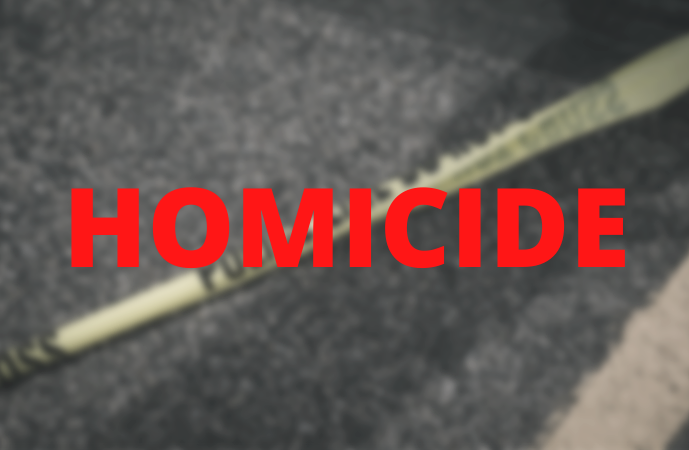
Thank you for reading D.C. Witness. Help us continue our mission into 2024.
Donate NowBy
D.C. Witness Staff
- April 15, 2021
Court
|
Daily Stories
|
Homicides
|
Shooting
|
Suspects
|
A DC Superior Court judge dismissed the cases against two defendants charged in connection with a triple homicide that happened last year after ruling they did not have enough evidence to go to trial.
Co-defendants Jibri Qayyum, 44, and Dale Benjamin, 33, were charged with second-degree murder while armed in connection with a shooting that took place on July 7, 2020. Marquise Lewis, 26, Claudette Williams, 56, and Juwan Wade, 20, were found unconscious on the 5000 block of Bass Place, SE, suffering from multiple gunshot wounds. Lewis and Williams were found unconscious in a vehicle and Wade was found in the street a short distance away.
Benjamin’s defense attorney, Bernard Grimm, said he learned more information about the case in the preliminary hearing than in documents disclosed to him before the case opened. He accused the prosecution of withholding information – something he called “atrocious” and said hindered Benjamin and Qayyum’s defense.
For instance, Grimm said he had to struggle to obtain evidence of a 911 call that witnesses said they made.
“In all my 25 years of experience, the protocol has always been to turn over evidence as soon as it is discovered, but the fact is there’s no evidence of a call being made even though the number pops up on the screen as the call is made,” he said.
Grimm also reiterated that the lead detectives have no first-hand witnesses, the key witnesses in the case are unreliable and lied multiple times, the identification of Benjamin and Qayyum are based on grainy video that experts found to be indiscernible and the witnesses have incentive to lie in favor of the prosecution’s case.
Grimm elaborated that the witnesses allegedly stole a phone, money and drugs from the vehicle at the crime scene. He said they would do anything to avert police attention from them to avoid arrest.
Qayyum’s defense attorney, Kristin McGough, noted that the lead detective never followed up with the inconsistencies in his key witnesses’ statements. She said she understands he has extreme community pressure to find the people responsible for the triple homicide, but the investigation needs to be done right.
McGough also emphasized that one of the key witnesses lied about taking items from the vehicle and threw the phone in the woods while driving off. She also said there were no street rumors regarding Qayyum being involved in the shooting, which she says there normally are in these crimes.
McGough ended by saying the arrest warrants given to the judges should have reflected all the inaccuracies from witnesses statements and that there’s no explanation as to why there was not except that the detective didn’t think it was important to include.
“These are very serious Brady violations and all of the information given to us now could have been useful at presentment to make a better argument, and could have prevented Mr. Qayyum from being held,” she said.
In mentioning Brady violations, McGough is referring to the 1963 Supreme Court case Brady v. Maryland, which held that “the suppression by the prosecution of evidence favorable to an accused upon request violates due process.”
McGough also played a frame-by-frame video clip of the vehicle in which two of the decedents were found, which showed two gunshots were made from inside the car and not outside, as the lead detective testified to have occurred.
After hearing from parties, Judge Neal Kravitz said McGough was right that there were several evidence issues in the case. He said the prosecution’s evidence was solely based on the key witnesses’ identification from the pixelated video. He also pointed out that they had no evidence that the defendants were at the scene and had no forensic evidence or motive.
Judge Kravitz said that, although the prosecution argued for substantial probability, he did not find substantial probability or probable cause and doubted a jury would find the prosecution’s witnesses as credible, given their history.
Qayyum and Benjamin were released.
